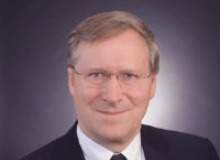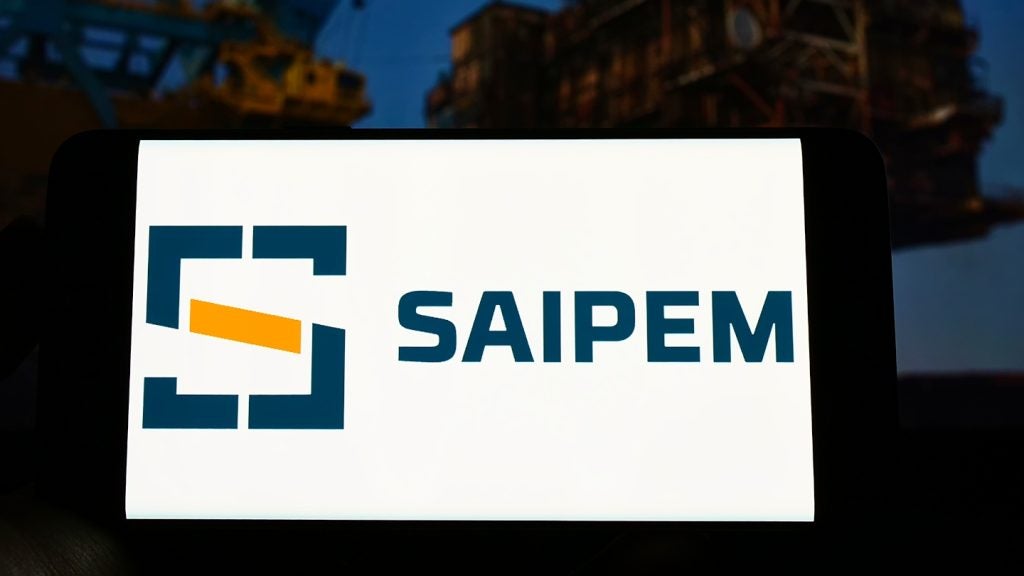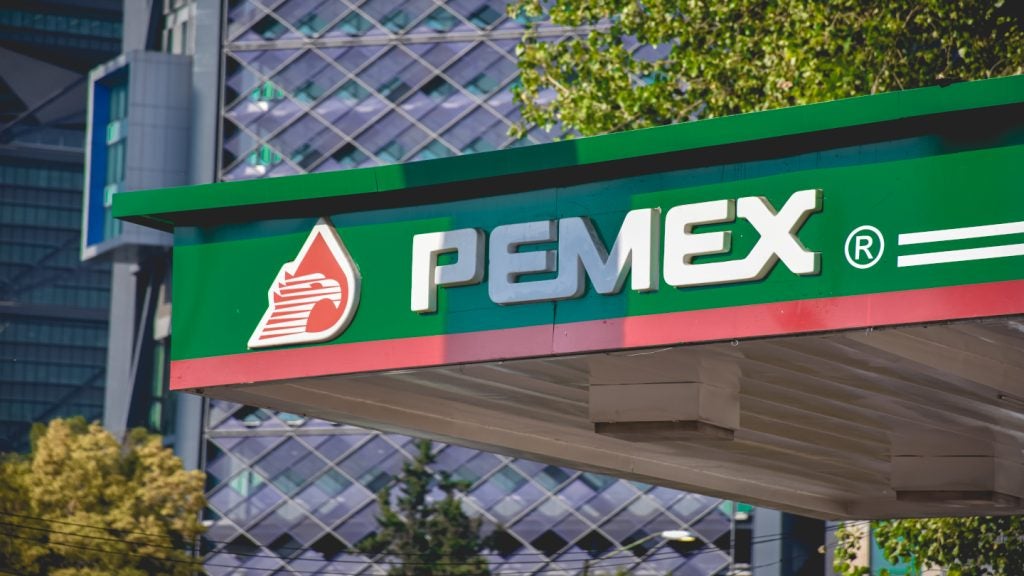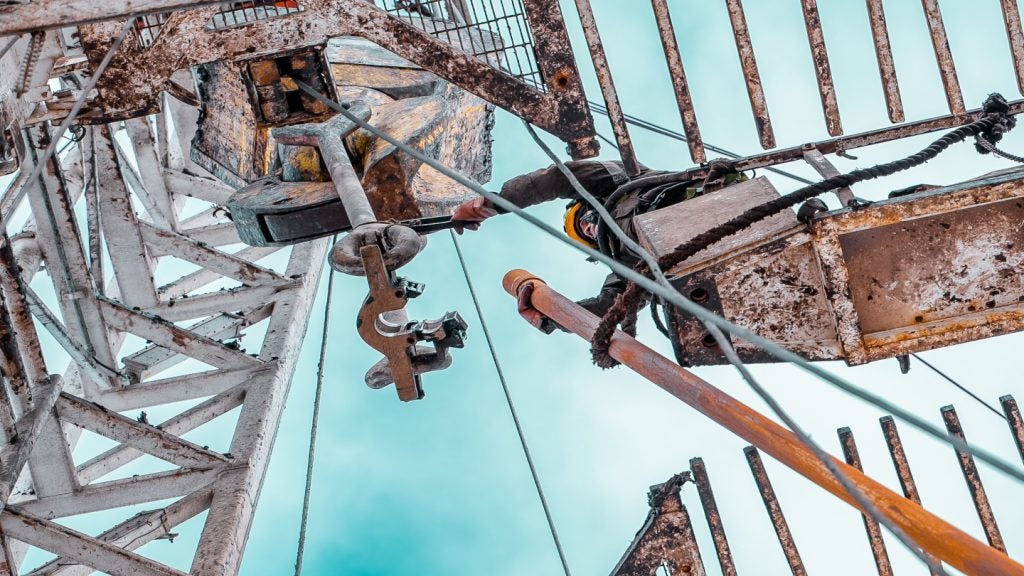

The Subsea Systems Institute (SSI) was established in Houston at the beginning of 2015 as a publicly funded research centre. Led by the University of Houston in collaboration with Rice University and the NASA Johnson Space Centre, it will provide new technologies, processes, policies, education and training to the oil and gas industry.
Funding for the institute comes through the RESTORE Act trust fund, signed into law after the Macondo (Deepwater Horizon) accident, which spilled 4.9 million barrels of oil into the Gulf of Mexico. The trust fund holds 80% of all administrative and civil penalties related to the Macondo spill.
Bill Maddock, an industry veteran who was announced as the institute's new director in September last year, discusses the group's upcoming research priorities and the key to protecting life and the environment when operating in challenging deepwater environments.
Taylor Heyman: The Subsea Systems Institute was formed almost a year ago. What has it achieved so far?
Bill Maddock: This year we have put together our strategic plan and are evolving our business plans for 2016. We have established our overall advisory board and technical advisory committee which will help to steward our engineering technology research programmes.
We have also started the request for proposals (RfP) process for the first round of research awards and are in the process of making four awards to a number of different collaborators and institutions. The technological areas they will cover are autonomous underwater vehicles, blow out preventer health monitoring, well bore monitoring and battery power for subsea applications. So we're covering a range of disciplines and topic areas in our research programme.
How well do you really know your competitors?
Access the most comprehensive Company Profiles on the market, powered by GlobalData. Save hours of research. Gain competitive edge.

Thank you!
Your download email will arrive shortly
Not ready to buy yet? Download a free sample
We are confident about the unique quality of our Company Profiles. However, we want you to make the most beneficial decision for your business, so we offer a free sample that you can download by submitting the below form
By GlobalDataTH: Are these four areas of research the entirety of what SSI will fund in 2016?
BM: Although some of the initial direction certainly came from the reports and reviews of the Macondo accident, our primary focus now is looking forward to a broader scale and outlook for the industry. Our objectives include the broader scope of risk management and risk assessment and how to ensure not just issues with safety in terms of technology but that safety in terms of human decisions and processes around offshore operations are also addressed.
I would like the institution to be in a position to provide unbiased, third party validation. Part of our mission is to build public trust in the safety and operation of offshore drilling and production operations. We would also like to be a repository for best practice and policy for technology.
Finally there are a huge amount of resources here in Houston that we would hope to be a focus for attracting talent for jobs and investment in the local and state economy.
TH: Do you think companies are more serious about investing in research now, post-Macondo?
BM: I think the industry recognises the need for collaboration and bringing the best research and technology to bear for deepwater and ultra-deepwater, and other challenging environments. Our objective is to fit into a pre-competitive space to advance both safety and reliability in the offshore industry.
It is no coincidence that this collaboration of institutions is being led by the University of Houston in collaboration with Rice University and the Johnson Space Centre. The academic research is part of Houston being the energy capital of the world and around 3,600 oil and gas companies are based here in the Houston area.
TH: What challenges do you think are facing deepwater production projects in the future?
BM: Our focus is very much going to be on the prevention side of the equation. A lot of our work will be around the technology for deepwater to improve the level of safety, both in terms of technology and in terms of the human operations side of these activities.
In this sense, our focus will not be solely on research, engineering and technology but also under the areas of risk management and risk assessment.
TH: Do you think what SSI discovers will be transferable to other industries?
BM: Our objectives here go both ways. We certainly would like to see that any technologies we develop have applications beyond strictly oil and gas. Conversely, we would like to see some of the processes, values and technologies from other industries being brought into the oil and gas industry to ensure that we have the best available technology being brought to bear in our operations.
TH: Does SSI plan to expand its focus from the Gulf of Mexico?
BM: Potentially. As our seed funding comes from the RESTORE act from the US Government, our initial focus will be in the Gulf of Mexico, although we want to have engagement with other international organisations and have a focus that goes beyond this area.
We have an evolving plan which involves engagement with companion institutions in the UK and Norway. For example, with respect to the UK, we will be engaging with institutions such as MSRI and the Universities of Newcastle and Aberdeen.
TH: You came onboard in September, how are you planning to push the institute forward?
BM: I come from an industry background, so a key part of my role is to provide the connectivity between traditional academic research and the needs of the industry in terms of technology and engineering research. The University of Houston has the only subsea engineering graduate programme in North America so I am working closely with the collaborating faculties to ensure all of our work is directly related to the needs of industry.
We're still in the start-up phase and we are going to be active during OTC here in May because it is such a major conference. Particularly on the international side we intend to use this forum to engage with many of the international institutions that will visit Houston.






